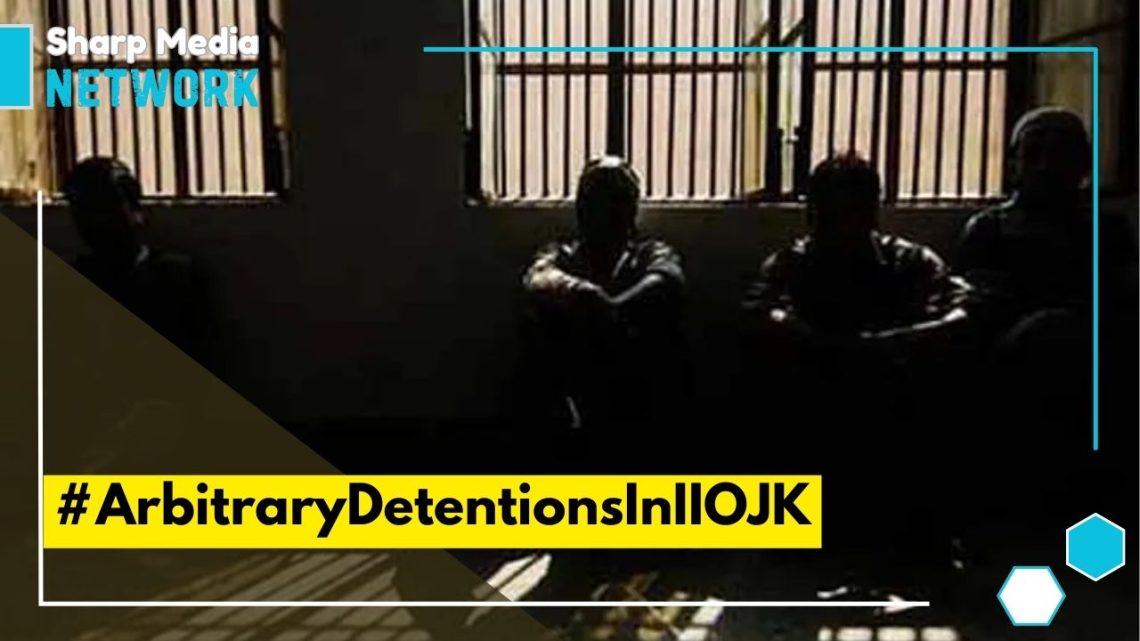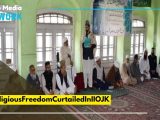
India Intensifies Crackdown in IIOJK: 8 Hurriyet Activists Detained in Bandipora
April 11, 2025In a growing wave of suppression in IIOJK, authorities have once again clamped down on voices demanding freedom, detaining peaceful activists under harsh anti-terror laws.
In a fresh wave of repression, Indian forces have arrested at least eight pro-freedom political activists in Bandipora, a district in Indian Illegally Occupied Jammu and Kashmir (IIOJK). This move is seen as part of New Delhi’s ongoing campaign to silence dissent and curb political expression in the disputed region.
The arrests were made during widespread raids and search operations conducted in several parts of the district. Those detained are linked to political organizations including Tehreek-e-Hurriyat Jammu and Kashmir, Jammu and Kashmir Democratic Freedom Party, and Jammu and Kashmir Peoples League—all known for advocating the right to self-determination.
The activists have been charged under the controversial Unlawful Activities (Prevention) Act (UAPA), a law widely criticized for its use against peaceful political opponents and civil society members. The detainees have been identified as Nazir Ahmad Ahangar, Sheikh Danish Mushtaq, Tahir Ahmad Mir, Ghulam Din War, Khursheed Ahmad Lone, Mohammad Shafi Dar, Abdul Majeed Gojri, and Abdul Majeed Lone.
This latest round of detentions follows a visit by India’s Home Minister Amit Shah to the region. Observers believe this intensified crackdown is part of a larger strategy to silence Kashmiri demands for a plebiscite as per UN resolutions—a right recognized by the international community but consistently denied by the Indian state.
During the house raids, security forces reportedly mistreated the families of the detained activists. In addition to arrests, the authorities confiscated personal items, including mobile phones, financial documents, and books, further intimidating the families and creating a climate of fear.
Critics of India’s policies in Kashmir argue that these tactics reflect a broader pattern of political repression. The use of the UAPA in IIOJK has sparked outrage among human rights advocates who say it criminalizes political opinion and curtails civil liberties.
The developments have once again drawn attention to the human rights situation in Indian Illegally Occupied Jammu and Kashmir (IIOJK), where voices calling for freedom or autonomy are routinely stifled. The arrests also raise concerns over the shrinking space for democratic expression in a region already reeling under heavy militarization and prolonged political uncertainty.
As global watchdogs continue to monitor the situation, the people of IIOJK remain caught in a relentless struggle for their basic rights—a struggle that now faces yet another blow under New Delhi’s uncompromising stance.

